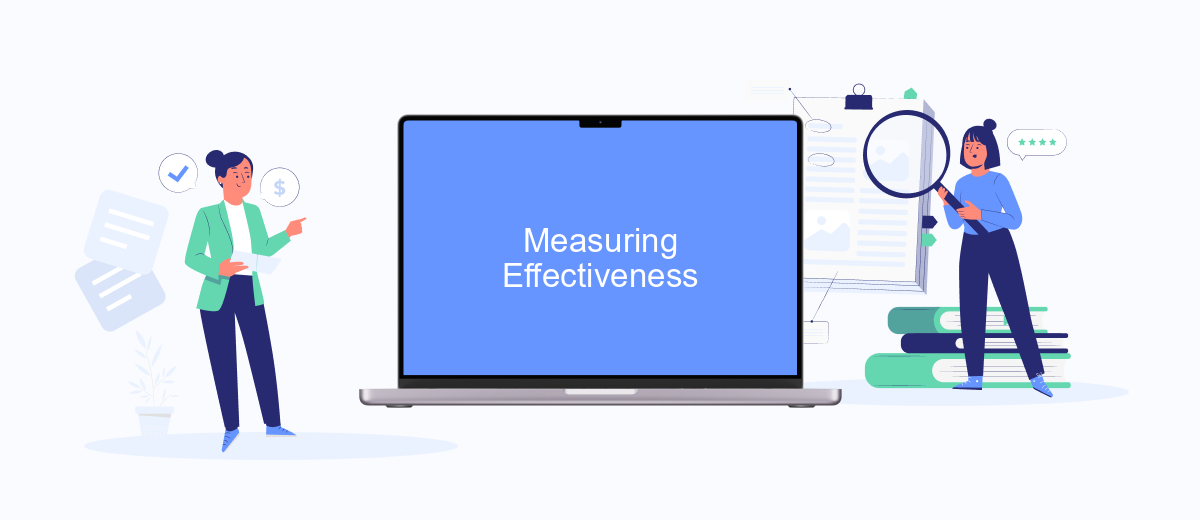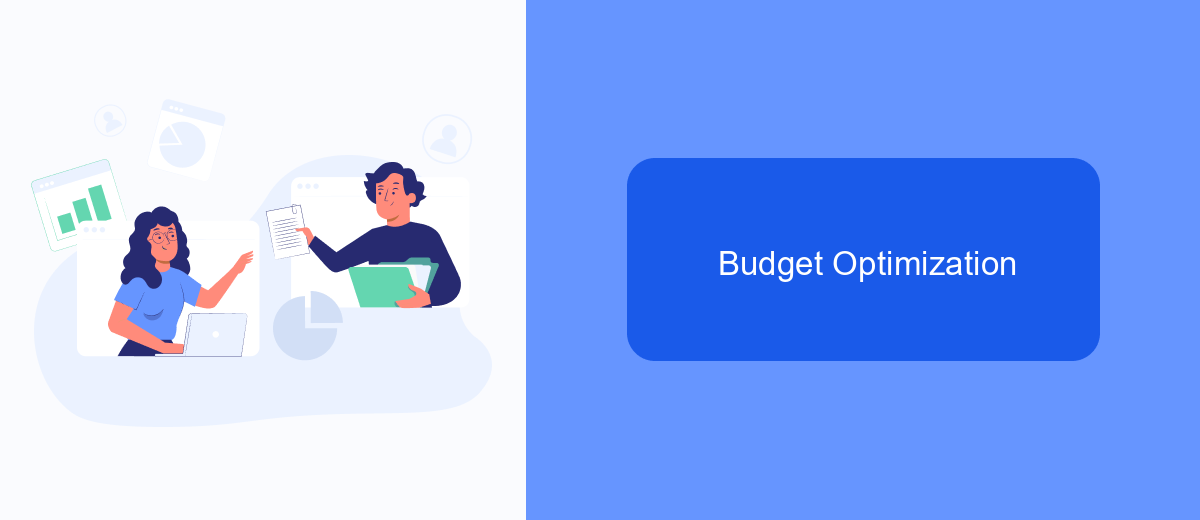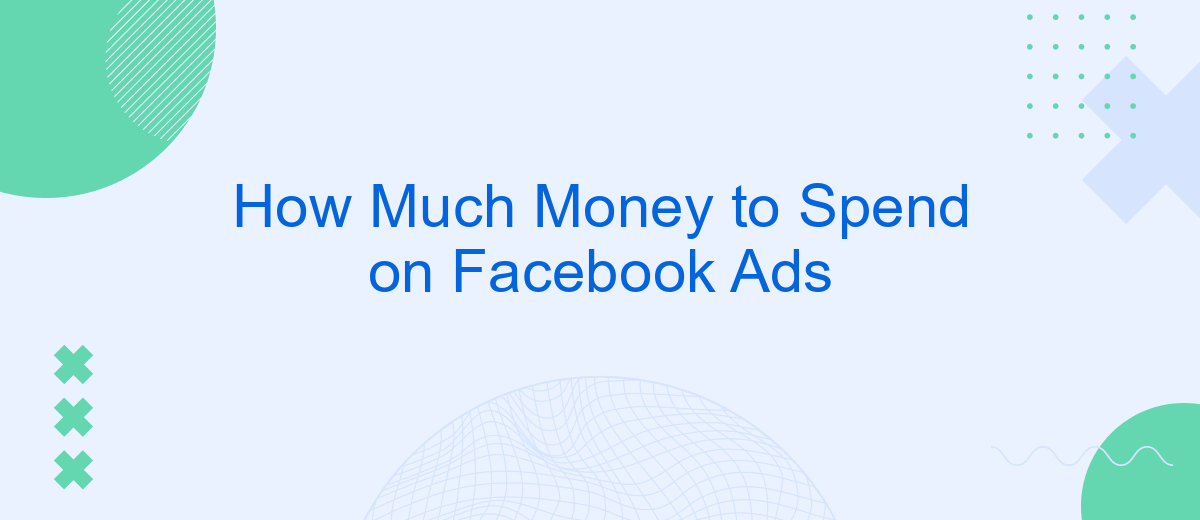Determining the right budget for Facebook ads can be a challenging task for businesses of all sizes. With numerous factors to consider, such as target audience, campaign goals, and competition, it's crucial to find a balance that maximizes ROI without overspending. This article provides insights and strategies to help you decide how much money to allocate for your Facebook advertising efforts.
How Much to Allocate
Determining the right budget for your Facebook ads can be challenging, but it's crucial for achieving your marketing goals. The amount you should allocate depends on various factors such as your overall marketing budget, campaign objectives, and the competitive landscape of your industry. Here are some key considerations to help you decide:
- Overall Marketing Budget: Allocate a percentage of your total marketing budget to Facebook ads. A common recommendation is to spend 5-10% of your revenue on marketing, with a portion of that dedicated to Facebook.
- Campaign Objectives: Different goals require different budgets. For example, brand awareness campaigns may need a smaller budget compared to conversion-focused campaigns.
- Industry Competition: Highly competitive industries may require a larger budget to stand out and achieve desired results.
- Use of Tools: Utilizing tools like SaveMyLeads can help optimize your ad spend by automating lead integrations and improving overall campaign efficiency.
It's essential to continuously monitor and adjust your budget based on the performance of your ads. Regularly reviewing metrics and making data-driven decisions will ensure that you are getting the most out of your investment. Remember, flexibility and adaptability are key to successful Facebook advertising.
Factors to Consider

When determining how much money to spend on Facebook Ads, it's essential to consider several key factors. Firstly, your overall marketing budget is a crucial determinant. Allocating a specific percentage of your total budget to Facebook Ads can help you maintain a balanced marketing strategy. Additionally, understanding your target audience and their behavior on Facebook can guide you in setting an effective budget. Analyzing metrics such as engagement rates, click-through rates, and conversion rates will provide insights into how much you should invest to achieve your desired outcomes.
Another important aspect to consider is the integration of your Facebook Ads with other marketing tools and platforms. Utilizing services like SaveMyLeads can streamline this process, allowing you to automate lead generation and data transfer between Facebook Ads and your CRM or email marketing system. This not only saves time but also ensures that you are making the most out of your advertising spend by efficiently managing and nurturing leads. By considering these factors, you can make informed decisions about your Facebook Ads budget and maximize your return on investment.
Measuring Effectiveness

Measuring the effectiveness of your Facebook Ads is crucial to ensure you are getting the best return on investment. It's not just about setting a budget and letting the ads run; you need to continuously monitor and analyze performance metrics to make informed decisions.
- Set clear objectives: Define what success looks like for your campaign, whether it's increased website traffic, higher conversion rates, or improved brand awareness.
- Track key metrics: Use Facebook Ads Manager to monitor metrics such as click-through rate (CTR), cost per click (CPC), and conversion rate. These metrics provide insights into how well your ads are performing.
- Utilize integration tools: Services like SaveMyLeads can help you automate data collection and streamline the integration of Facebook Ads with your CRM or other marketing tools, making it easier to track and analyze results.
By regularly reviewing these metrics and utilizing integration tools, you can make data-driven decisions to optimize your ad spend and improve overall campaign effectiveness. Continuous monitoring and adjustment are key to maximizing the impact of your Facebook Ads.
Budget Optimization

Optimizing your budget for Facebook Ads is crucial to maximize your return on investment (ROI). Start by setting clear objectives for your campaigns. Whether your goal is to increase brand awareness, drive traffic, or generate leads, having a defined target will help you allocate your budget more effectively.
Next, monitor your ad performance regularly. Use Facebook’s Ads Manager to track key metrics such as cost per click (CPC), click-through rate (CTR), and conversion rate. Analyzing this data will allow you to identify which ads are performing well and which need adjustments.
- Set daily or lifetime budgets to control spending.
- Utilize A/B testing to compare different ad creatives and audiences.
- Focus on high-performing demographics and interests.
- Leverage automated tools like SaveMyLeads to streamline lead management and integrations.
Lastly, continuously refine your strategy based on performance insights. Allocate more budget to successful campaigns and pause or tweak underperforming ones. By staying agile and data-driven, you can ensure that your Facebook Ads budget is optimized for the best possible outcomes.
Industry Benchmarks
When determining how much money to spend on Facebook Ads, it's useful to consider industry benchmarks. On average, businesses in the e-commerce sector allocate around 10-12% of their revenue to advertising, while those in the SaaS industry might spend closer to 20%. These percentages can vary based on factors such as company size, market competition, and growth stage. For instance, startups often invest more aggressively in advertising to capture market share quickly.
Additionally, integrating your ad campaigns with other tools can optimize your spending. Services like SaveMyLeads streamline the process by automating lead data transfers from Facebook Ads to your CRM or email marketing platforms. This ensures that you can quickly respond to leads without manual data entry, ultimately improving your conversion rates and maximizing your ad spend efficiency. By leveraging such integrations, businesses can better track ROI and make more informed decisions about their advertising budgets.
- Automate the work with leads from the Facebook advertising account
- Empower with integrations and instant transfer of leads
- Don't spend money on developers or integrators
- Save time by automating routine tasks
FAQ
How much should I budget for Facebook ads as a small business?
How do I determine the right amount to spend on Facebook ads?
Is it better to spend more on fewer ads or less on more ads?
How can I optimize my Facebook ad spend?
What metrics should I track to ensure I'm spending my Facebook ad budget effectively?
What do you do with the data you get from Facebook lead forms? Do you send them to the manager, add them to mailing services, transfer them to the CRM system, use them to implement feedback? Automate all of these processes with the SaveMyLeads online connector. Create integrations so that new Facebook leads are automatically transferred to instant messengers, mailing services, task managers and other tools. Save yourself and your company's employees from routine work.

